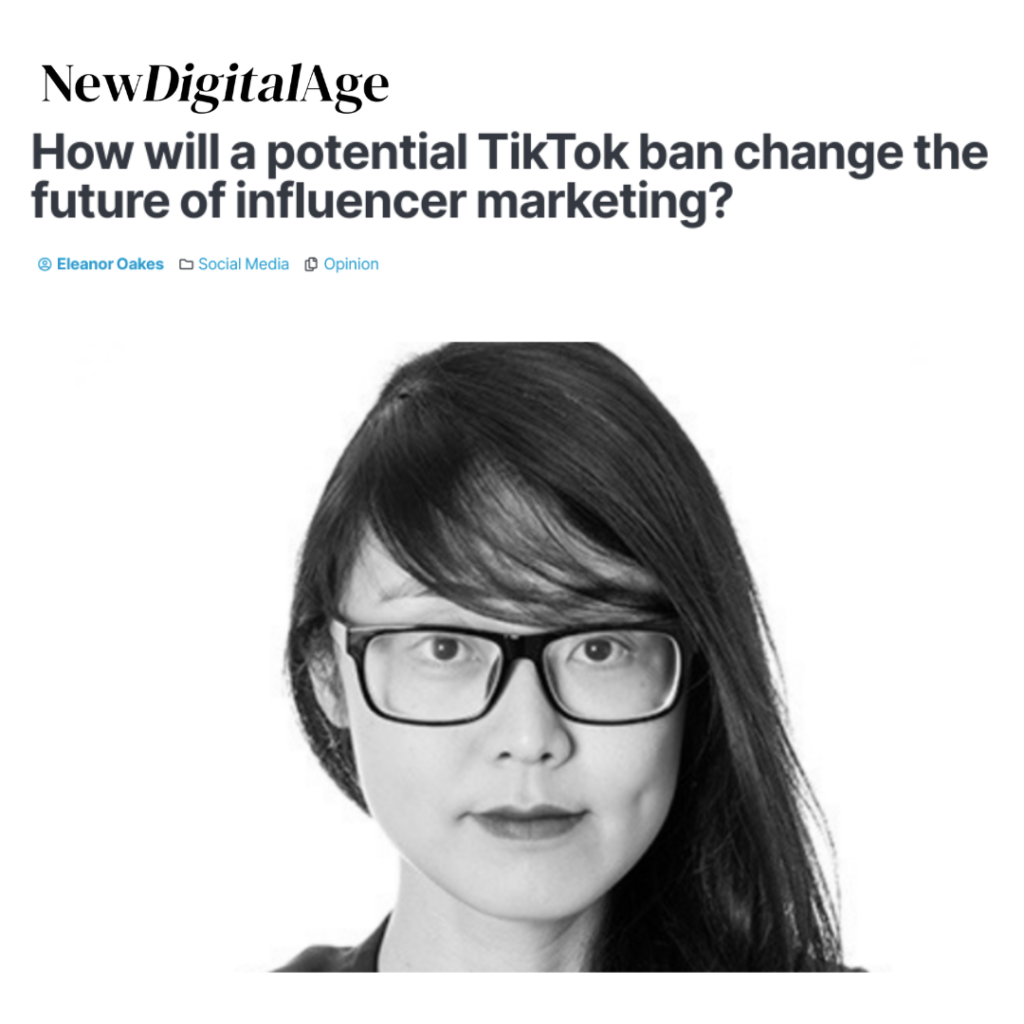TikTok’s popularity has surged since 2016, but data privacy concerns have led to potential bans in the US and Europe. Discover why advertisers still favor TikTok, the impact of a possible Europe-wide ban, and strategies brands should consider if the ban occurs.

Published On: July 4, 2023
“TikTok has taken the world by storm since its launch in 2016 by popularising short form video content. In 2022, it became the most downloaded app in the world, surpassing competitors such as Meta and YouTube.
Although it is the most popular social media app of today, TikTok has become embroiled into wider diplomatic uncertainty and lawmakers are concerned about users’ data privacy.
Initially, a TikTok ban had been limited to work-related devices, but some steps are being taken to restrict the social media app beyond work devices. In March, the White House backed a bill that will grant them power to enforce a nationwide TikTok ban, and in May, Montana became the first US state to completely ban the app.
Now, in Europe, TikTok faces similar scrutiny from lawmakers over security concerns with a potential ban being touted in the region. So what could a TikTok ban mean for brands, advertisers, and influencers who have made strides to appeal to audiences on the platform?”
Find out:
Read the article here.
Keep informed with the latest trends, reports, and case studies from the world of influencer marketing.

In 2025, influencer gifting has evolved from glossy PR packages to something much more meaningful: intentional, relationship-driven storytelling. Whether you’re a brand in beauty, fashion, tech, or wellness, the goal is the same – build real connections that drive advocacy, not just awareness.
That message resonated strongly during our recent Influencer Gifting & Seeding webinar, where we were joined by industry leaders Grace Fung, Influencer Marketing & Communications Lead at Coty, and Abigail, Talent Manager from Primark. They shared strategic insights into how their teams are evolving traditional gifting approaches to better align with shifting consumer expectations and brand objectives.

WeArisma’s Sports & Athleisure 2025 State of Influence Interactive Report – The Definitive Guide to Winning in Activewear Through Influencer Strategy
The athleisure market is no longer just about performance – community, authenticity, and cultural relevance now separate the leaders from the lagging heritage brands.
Our Sports & Athleisure 2025 State of Influence Report reveals how Gymshark, Tala, Adidas, and Nike are rewriting the rules of engagement – and how your brand can too.
Stay up to date with the latest industry trends and topics
Discover how WeArisma can help you harness the power in influence, grow your brand’s presence, and achieve measurable success.
WeArisma combines the power of AI, influencer marketing and social listening to deliver smarter, scalable strategies with real impact.